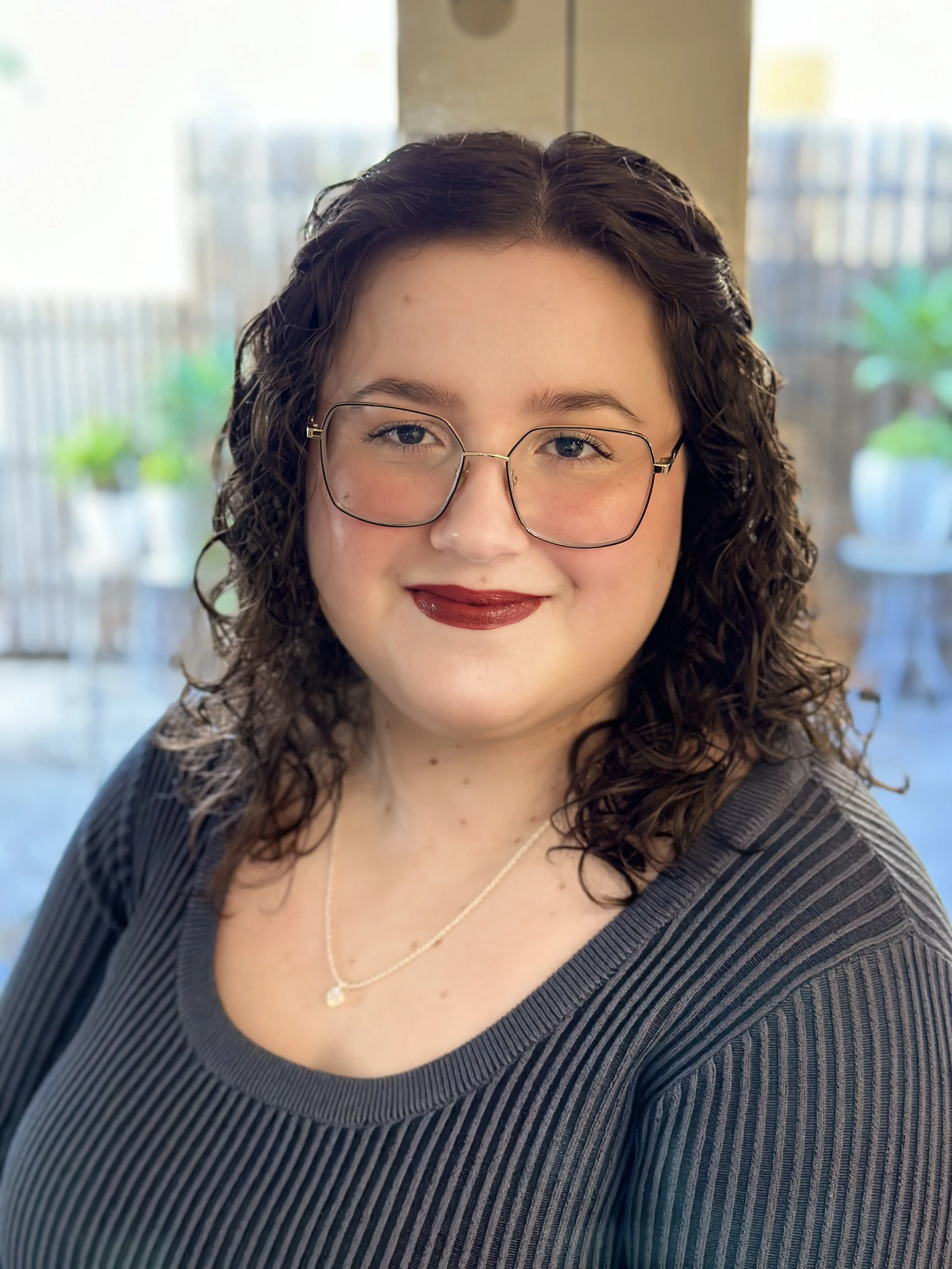SOL
Self-identity and Obsessive-compulsive and related disorders Laboratory
My lab studies obsessive-compulsive and related disorders by:
Using qualitative and quantitative methods to identify possible causal and maintaining factors of symptoms;
Using experimental and longitudinal designs to determine whether these factors cause and/or maintain symptoms; and
Developing and evaluate treatment and prevention strategies that target established causal/maintaining factors and using new technologies (e.g., virtual reality)
Listen to my research.
Read my research.
Participate in research
Animal-assisted group cognitive-behavioural therapy for panic disorder
Have you ever experienced a panic attack? Do you worry about having another one? If so, you might have panic disorder.
We are conducting a study to understand if and how combining group CBT with a trained therapy dog can help treat panic disorder.
The role of self-concept in obsessive-compulsive disorder - paid study
We are conducting a study to better understand how adults with OCD think about themselves, including how this came about and how it might affect their OCD symptoms.
Treating contamination-related obsessive-compulsive disorder in mixed reality - paid study
We are trialling a mixed reality-based psychological treatment for intense fears of being contaminated.
Research participation form




